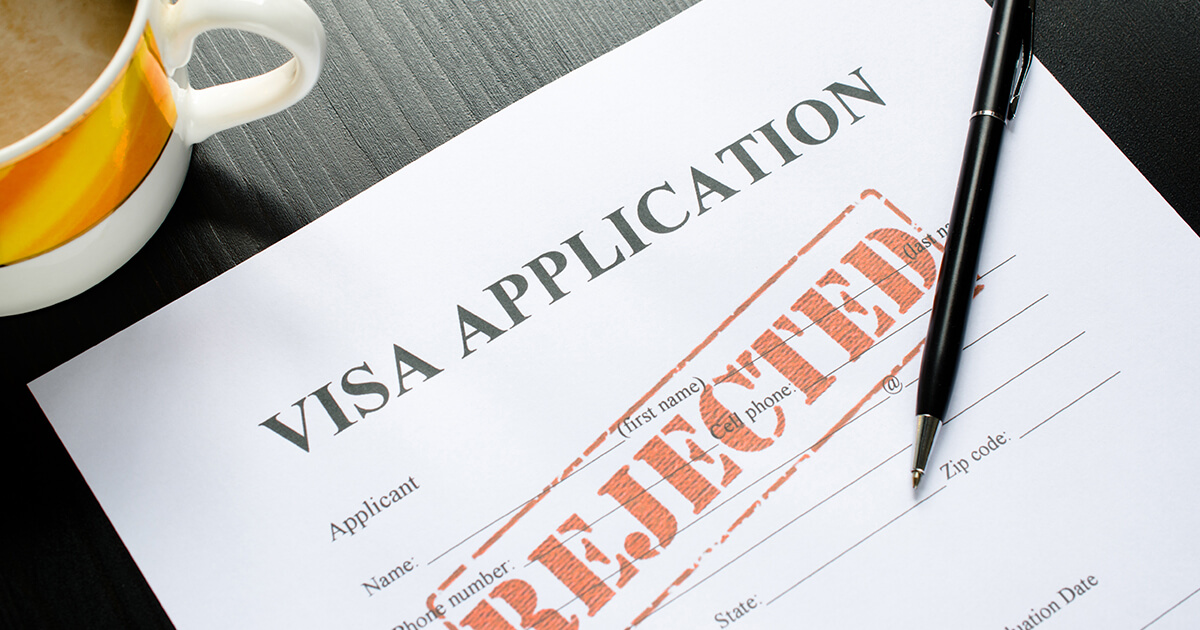Top Reasons Why Immigration Applications Get Rejected
Immigrating to a new country can be a complex and daunting process, with a myriad of requirements and documentation needed to complete an application. Unfortunately, not all immigration applications are successful. In fact, there are several common reasons why immigration applications get rejected. Understanding these reasons can help applicants avoid these pitfalls and increase their chances of a successful application.
Insufficient documentation
One of the most common reasons why immigration applications get rejected is due to insufficient documentation. The immigration process typically requires a significant amount of paperwork and documentation, and it’s important to ensure that all required documents are included and that they are filled out completely and accurately. Missing or incomplete documents can lead to delays or even a rejection of the application.
Errors in the application
Another common reason for rejected immigration applications is errors in the application itself. This can include mistakes in the personal information, errors in the spelling of names or places, or incorrect dates. Even small errors can lead to a rejected application, so it’s important to double-check all information before submitting the application.
Criminal record
A criminal record can also be a reason for a rejected immigration application. Depending on the severity and nature of the offense, a criminal record can make an individual inadmissible to anew country. Immigration authorities will review an applicant’s criminal history, and certain offenses, such as those related to drug trafficking or terrorism, can make an individual ineligible for entry into the country.
Medical issues
Certain medical conditions can also be a reason for a rejected immigration application. For example, if an applicant has a communicable disease, such as tuberculosis, they may be deemed inadmissible to the country. Additionally, if an applicant has a medical condition that requires ongoing treatment or could become a burden on the country’s healthcare system, their application may be rejected.
Financial reasons
Another reason for rejected immigration applications is financial reasons. Some countries require applicants to demonstrate that they have sufficient funds to support themselves and their family members during their stay in the country. If an applicant is unable to demonstrate this, their application may be rejected.
Incomplete application
An incomplete application is another reason why immigration applications get rejected. It’s important to ensure that all required fields in the application are filled out completely and accurately. Incomplete applications can lead to delays or even a rejection of the application.
Overstaying a previous visa
If an applicant has previously overstayed a visa in the country they are applying to immigrate to, this can also lead to a rejected application. Overstaying a visa can be seen as a violation of the country’s immigration laws and can result in a negative impact on the applicant’s future immigration applications.
In conclusion, there are several common reasons why immigration applications get rejected. To avoid these pitfalls, it’s important to ensure that all required documentation is included and that the application is filled out completely and accurately. Additionally, it’s important to be aware of the country’s immigration laws and requirements, and to ensure that any issues, such as criminal history or medical conditions, are addressed appropriately in the application. By being diligent and thorough in the application process, applicants can increase their chances of a successful immigration application.

















